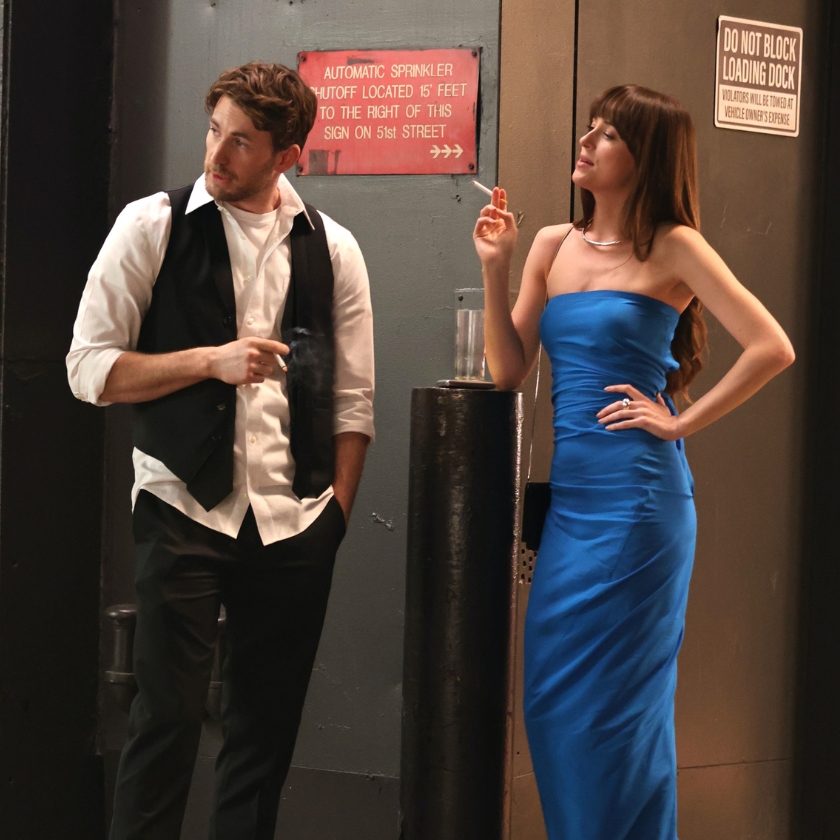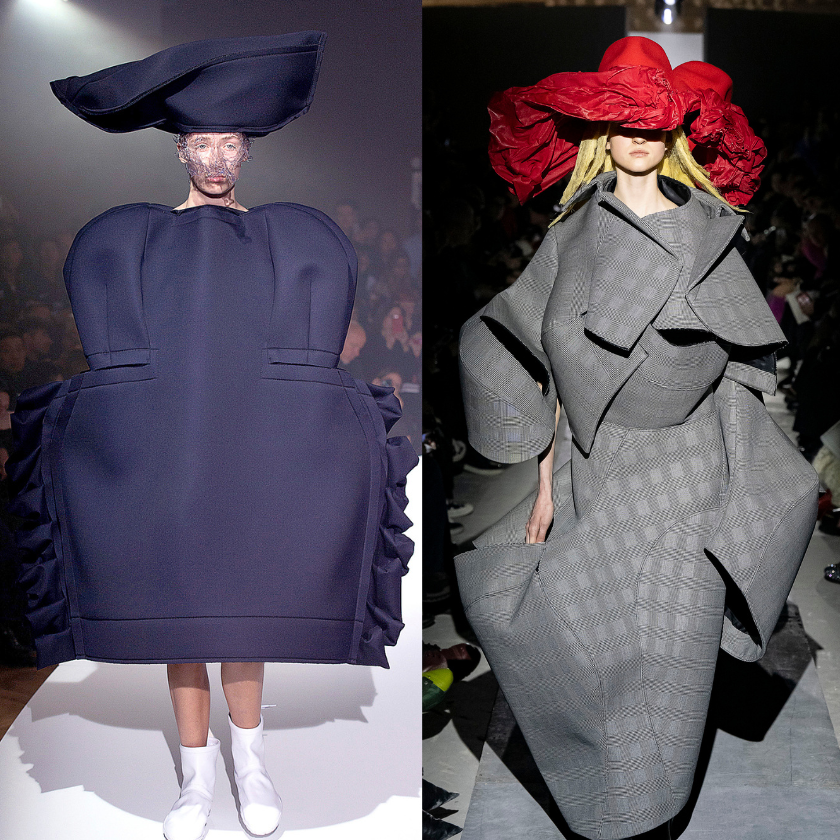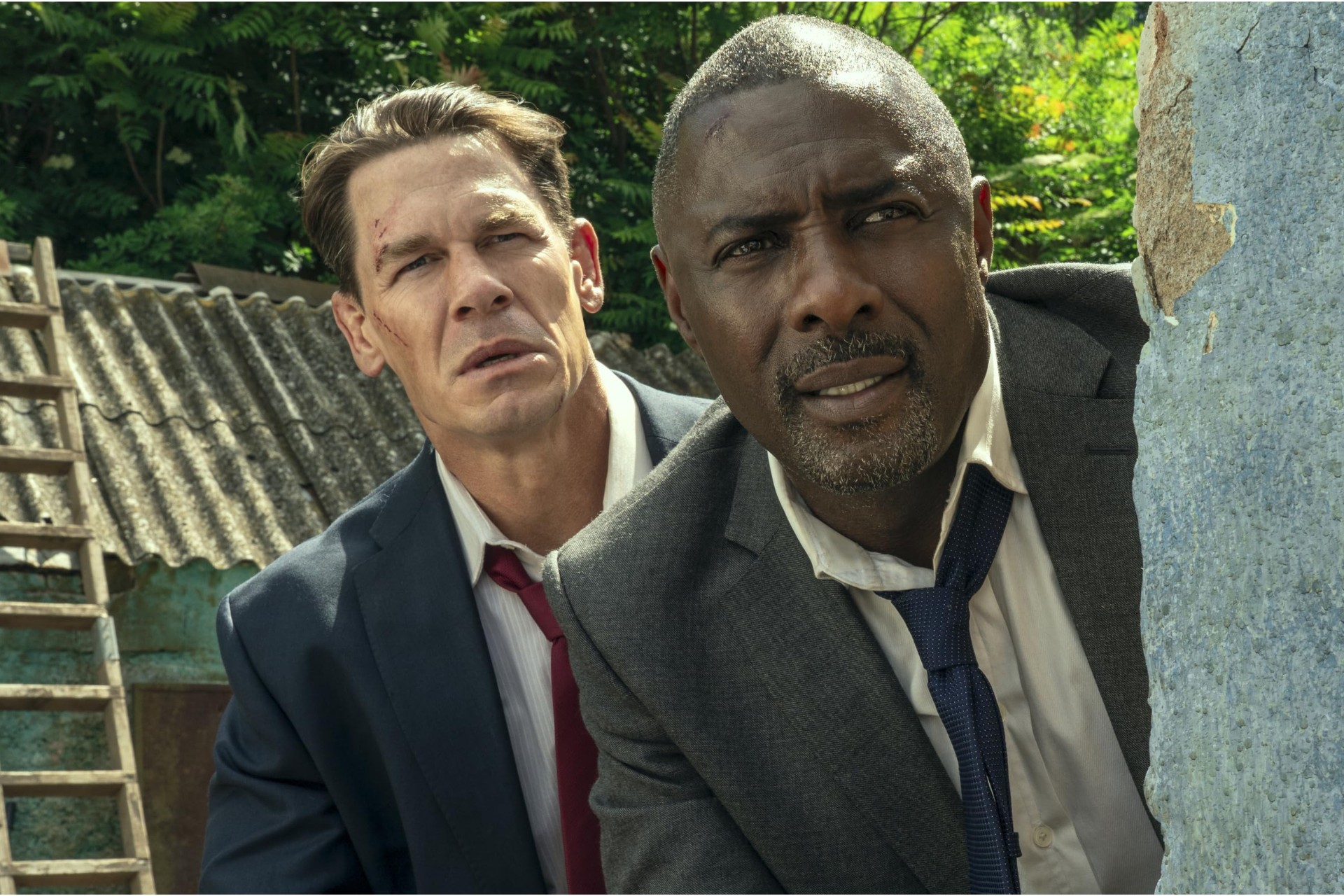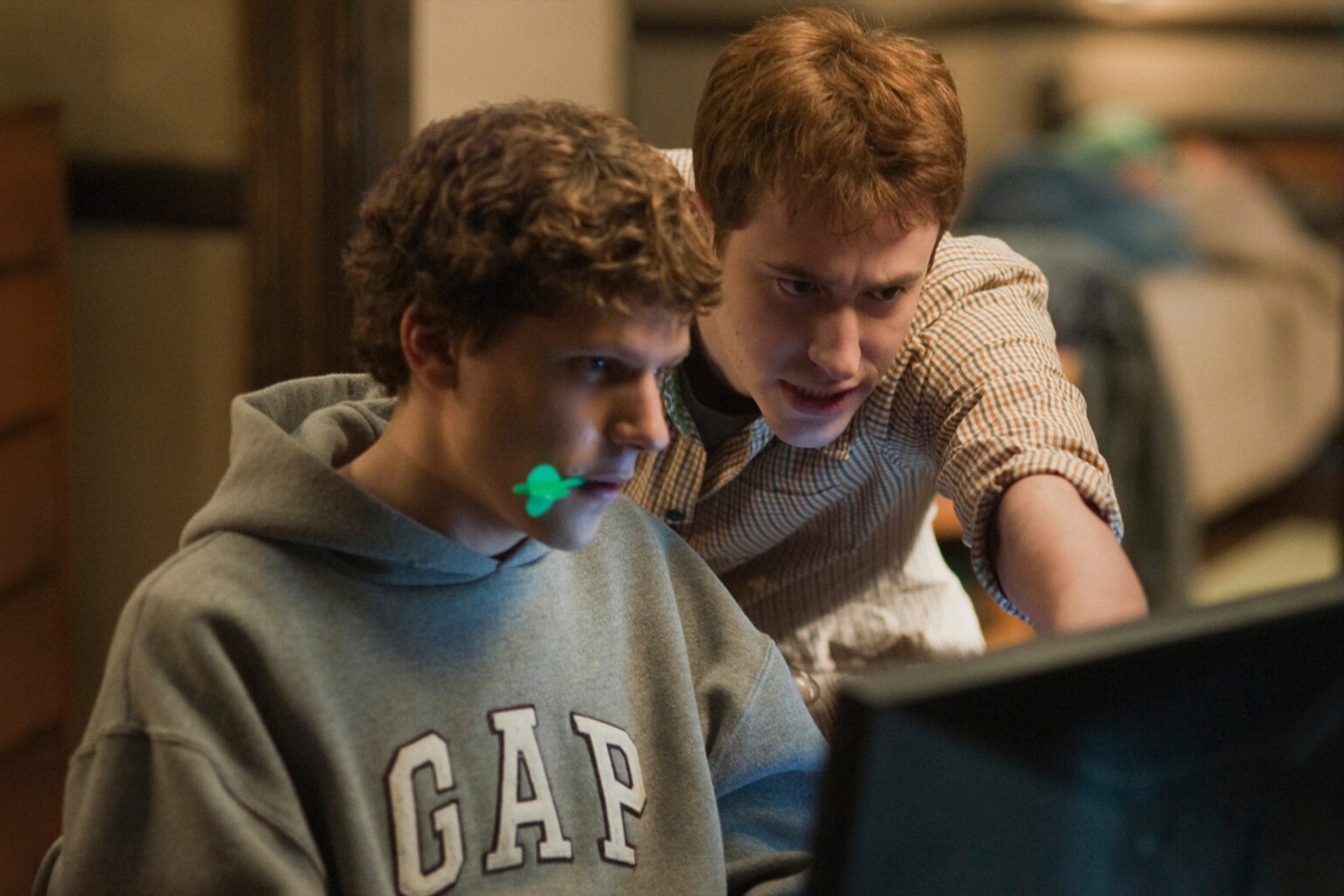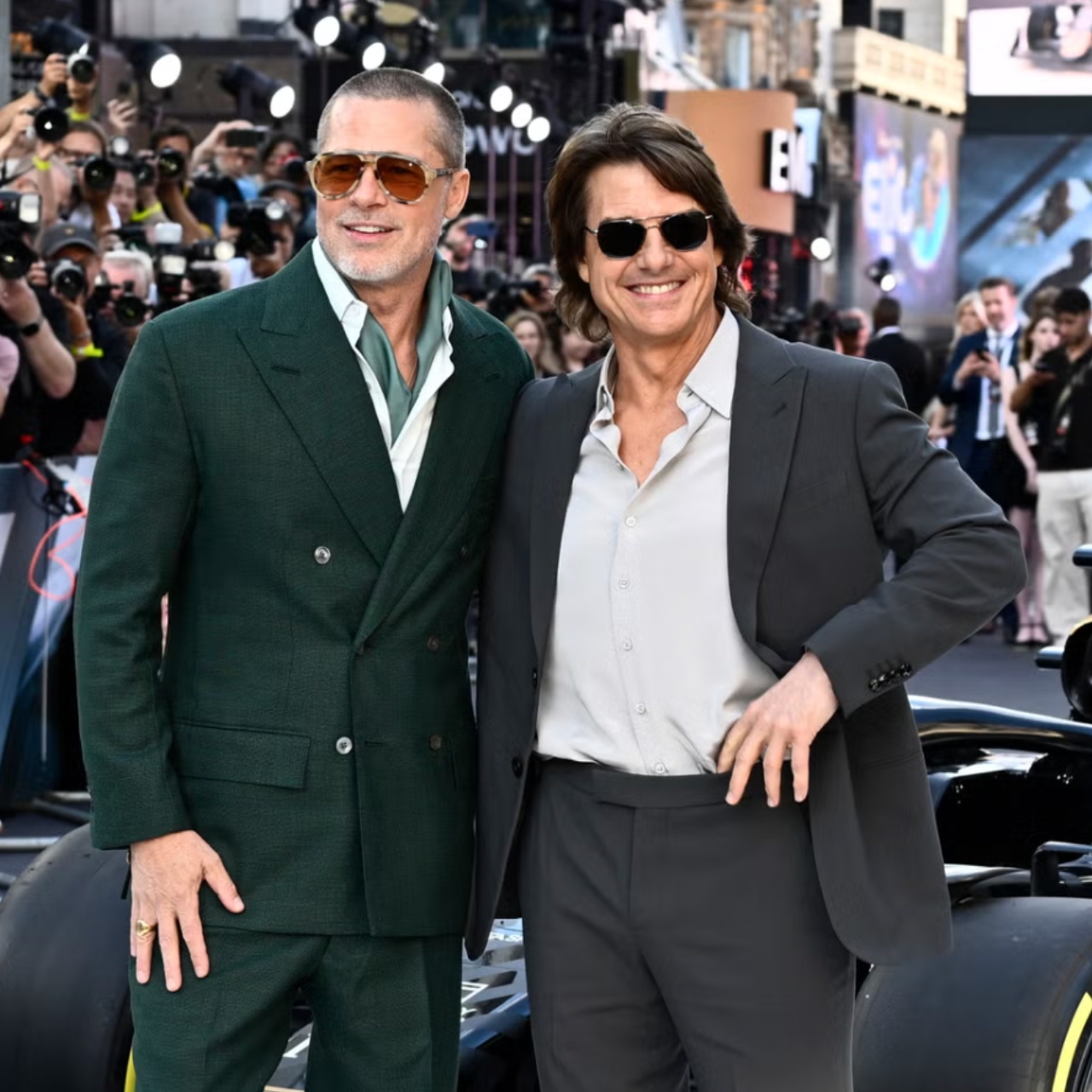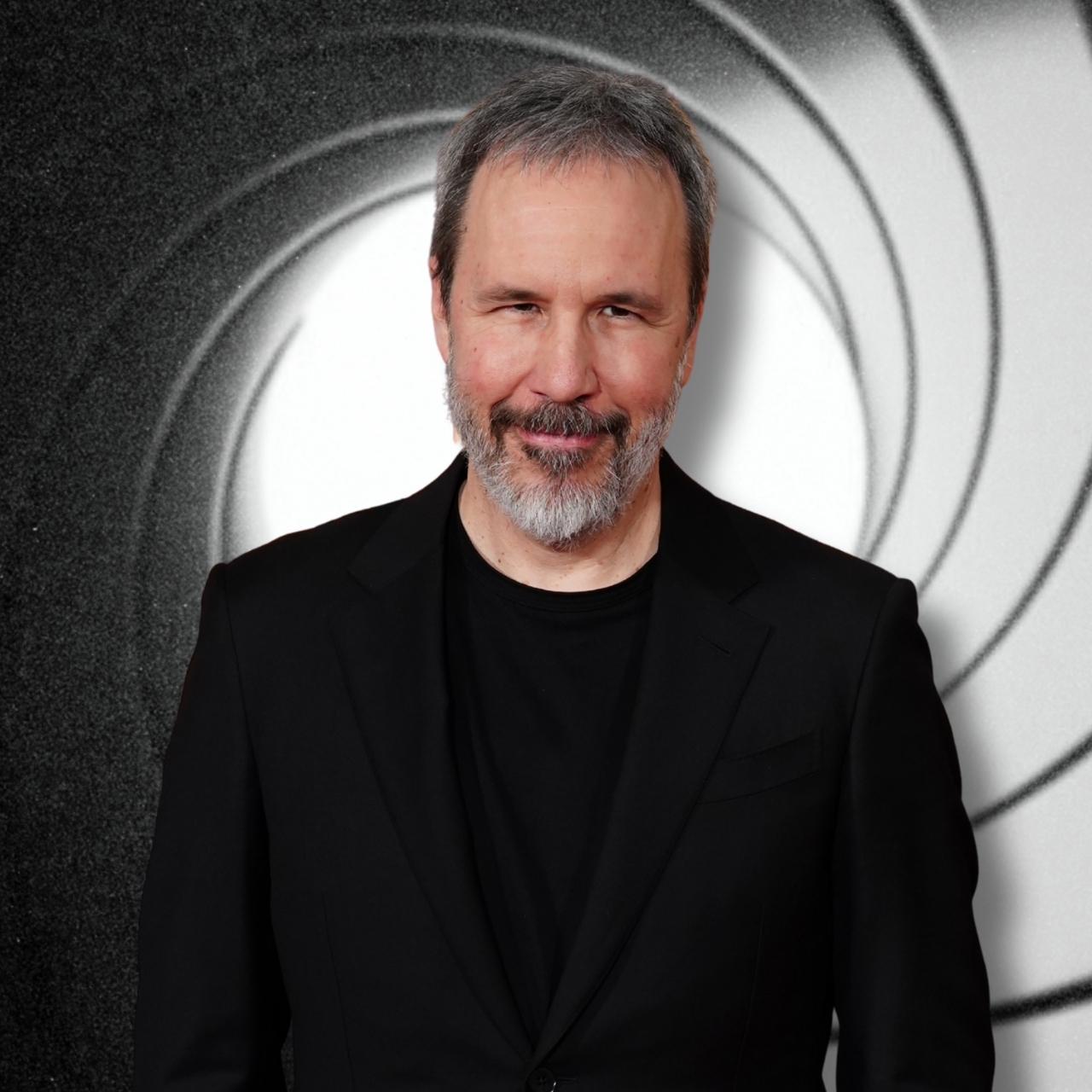Is ‘white’ a racial epithet? A complicated defence of Sam Kerr
The footballer’s arrest for racially aggravated harassment has opened up a heated debate on what constitutes racism. In an increasingly egalitarian yet deeply polarised society, is ‘white’ set to become a more loaded term?

THE FIRST REACTION was shock. When the story broke on Tuesday morning that Sam Kerr was being arrested for racially aggravated harassment of a London police officer, I felt a sinking feeling in my stomach. The idea that Kerr, a certified national treasure after last year’s Women’s World Cup, might have racially abused a police officer was deeply troubling.
At that point, many people, myself included, assumed the police officer must be a person of colour, most likely black. By Thursday it had emerged that the officer was white and male. That’s when collective shock turned into a fully fledged cultural stouche.
As we learned that Kerr used the term ‘white’ as an insult, the lens through which we viewed the story quickly transformed, as has the calculus with which we use to judge her acts. While her behaviour, if found to be true, could be regarded as reprehensible, some say, it can’t be construed as racist due to the power dynamics at play. As well as the weight of history, those dynamics include the inherent power imbalance between a white male police officer and a queer woman of Indian heritage.
“Racism, in its briefest form, is prejudice plus institutional power,” says professor Mario Peucker, an expert in multiculturalism and far-right extremism at Victoria University. “It’s very hard to communicate the complexity of systemic racism. She did [allegedly] call him a ‘stupid white bastard’ – so isn’t that wrong? Yes, that is wrong. She shouldn’t have done this. But it’s not what the term racism covers. It’s more than just this simplistic and trivialised idea that racism is just bad behaviour. You will trivialise racism by only referring to it as something that is an unequal treatment in a behavioural sense. You can still discriminate against a white person, and you can also racially abuse someone. The racial element is there, I acknowledge that … but not everything that is racial is racist.”
Others, because of course, this is a binary age, believe that Kerr’s abuse, if found to be true, is racist, arguing moral equivalence—if Kerr had abused a black police officer in the same way, it would be labelled racist. Racism is racism, in other words.
Former Socceroo, Craig Foster, who is an anti-racism ambassador, called on Football Australia to strip the Matildas superstar of her captaincy if the charge against her is found to be true, to show how seriously the sport takes racism. “If we are comfortable as a country with discussing and confronting racism, we would be able to avoid hysteria and politicisation [and] recognise that everyone has biases and prejudices, and that we all need continual education,” Foster said on X. Good luck with that; in the social media age hysteria is the cultural currency.
As a person of colour with a white mother, I’m inclined to agree that Kerr’s alleged behaviour was wrong but not racist. Calling someone ‘stupid’ and a ‘bastard’ is aggressive, though we don’t know the context of the altercation. If you wanted to be facetious, which in a debate as potentially combustible as this, is perhaps not a bad idea, you could argue that those terms alone are enough to show your contempt for someone. Choosing to add a descriptor is unnecessary but when we’re angry many of us look to throw in loaded adjectives in order to wound our adversary: ‘fat’ and ‘ugly’ are common ones and for so long, racial descriptors have been similarly deployed. These days, most people would not dare to use them, in most cases because racial epithets are recognised as deeply hurtful, carrying as they do the cultural weight of years of oppression, genocide, degradation and heartache. Some people, I suspect, would also be mindful of how using such terms would reflect upon them.
Growing up in a small country town in Victoria in the ’80s I was one of the few people of colour (Mauritian father) and, as such was racially abused on occasion. In my experience ‘white’ is not a racist term. I say this because after being called various racial epithets for both African Americans and Indigenous people (quite far off the mark but country kids are not always known for their accuracy or precision), I would sometimes attempt to return fire by using white, ‘pale’ or ‘ghost’ (when I was being creative) in conjunction with insults similar to the ones Kerr used. Invariably my attempts at racially charged invective were met with ridicule, shoulder shrugging or confusion, largely because the term ‘white’ had no power to wound.
Given the hegemony enjoyed by white people in country Victoria at the time, calling someone white, rather than an insult, was essentially a statement of fact. I may as well have called them ‘human’ as in “just f*ck off you human bastard’. Sadly, for me at the time, my carefully crafted verbal hand grenades just didn’t detonate, while my adversaries’ casual but wildly inaccurate racial slurs practically liquified my internal organs, as a searing pain and accompanying shame made my skin turn hot.
Perhaps if I wasn’t the only POC in my year group the power imbalance may have freighted my insults with more potency, but I doubt it. My response to the abuse was first to develop self-loathing about being brown and different to everyone else and then to become overly militant about it. I like to think, 30 years later, I’ve managed to arrive at a place where I’m just proud.
Times have changed, though. While as a group, white males still overwhelming dominate positions of power and privilege, the last decade or so has seen this group increasingly maligned for doing just that, at least in progressive circles. ‘White male’ or ‘cis-gendered white male’ is now sometimes used in a pejorative sense. You could say the term has been weaponised, though given the target group’s history and the position it still occupies in society, as a verbal rocket-launcher ‘white male’ remains largely impotent… for now.
At the same time the term ‘white’, more broadly, is now often used to imply that someone is ‘basic’, wholesome or privileged, both by ethnic minorities and sometimes ironically by white people themselves. It is certainly a more loaded term than it was 30 years ago and it now carries with it some negative associations, however slight. That’s because white people are increasingly being recognised for what they are and always have been: an ethnic group alongside other ethnic groups, rather than simply the dominant or default group in society: white no longer equates with ‘human’.
With that shift comes negative stereotyping. Yet despite my experiences as a teenager, I don’t regard this as a positive development—my 15-year-old-self, on the other hand, would have been quietly itching to deploy the word upon the next racist sledge emanating from the slips cordon during Saturday arvo cricket. ‘White’ may yet become a problematic term, if not a racial epithet in the truest sense, if, and this is a big if, power, wealth and opportunity are more evenly distributed across society.
As it stands now, though, I personally don’t believe Sam Kerr was being racist by using the term. Not yet at least, and likely, not ever.
Related:













